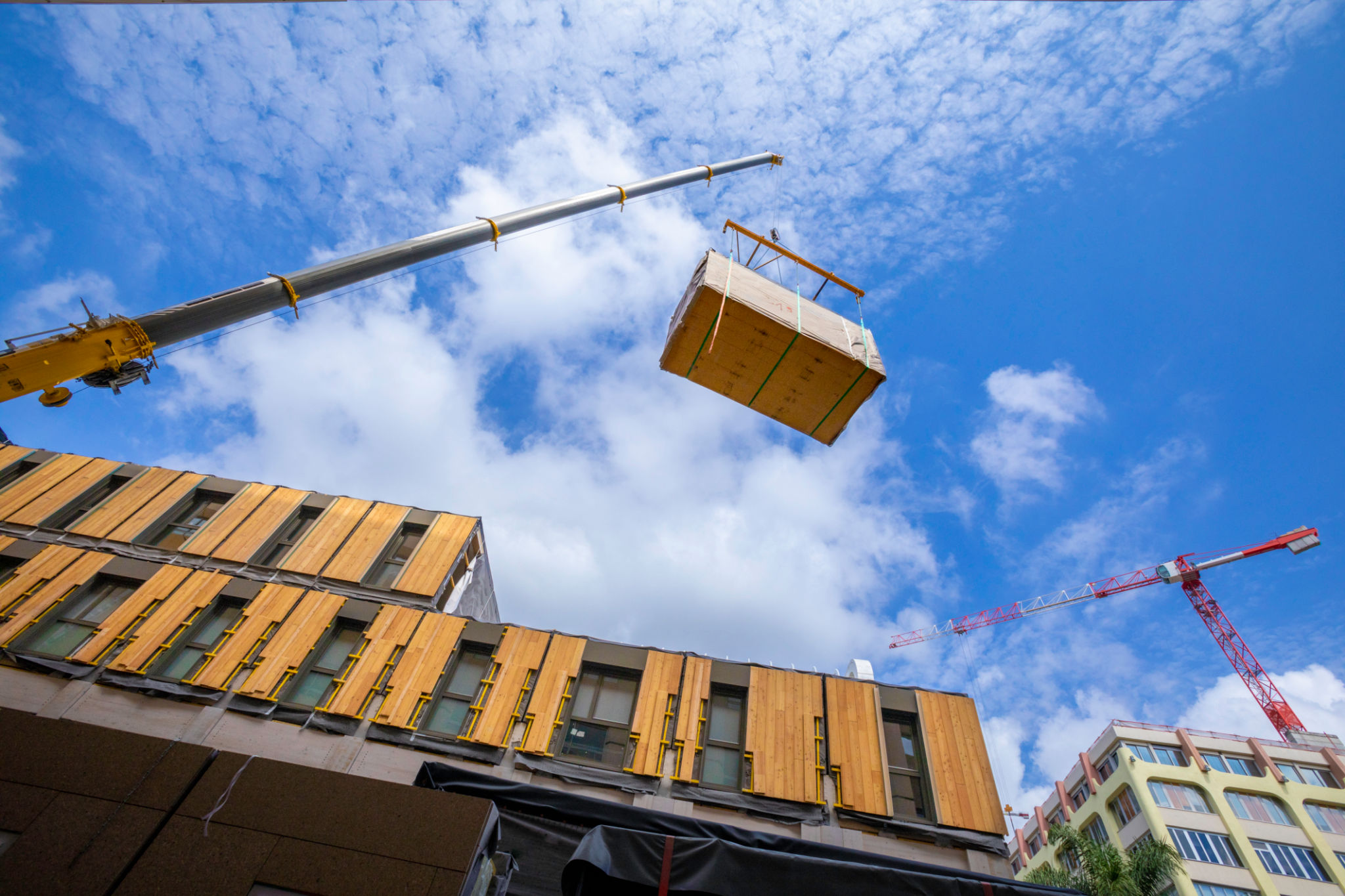Top Construction Trends Shaping the Industry Today
Embracing Green Building Practices
The construction industry is increasingly moving towards sustainability, with a strong focus on green building practices. This trend is fueled by the growing awareness of environmental issues and the need to reduce carbon footprints. Builders and developers are now integrating sustainable materials and energy-efficient systems into their projects. This not only helps in conserving resources but also significantly reduces long-term operational costs.
Green building certifications, such as LEED and BREEAM, are becoming more popular, encouraging companies to adhere to high environmental standards. These certifications not only enhance the appeal of the property but also provide a competitive edge in the market.

Advancements in Construction Technology
Technology is revolutionizing the construction industry, with innovations such as Building Information Modeling (BIM), drones, and 3D printing taking center stage. BIM allows for detailed 3D models that help in visualizing the entire project lifecycle, improving accuracy and reducing errors. This technology leads to more efficient project management and better collaboration among stakeholders.
Drones are being used for site surveys, providing real-time data that helps in monitoring progress and ensuring safety standards. Meanwhile, 3D printing is beginning to make its mark by allowing for faster and more cost-effective construction of complex structures.
Modular and Prefabricated Construction
Modular and prefabricated construction methods are gaining momentum due to their efficiency and cost-effectiveness. These methods involve constructing sections of a building off-site and then assembling them on-site. This approach not only reduces construction time but also minimizes waste and enhances quality control.

Prefabrication is particularly beneficial for projects with tight deadlines or those located in remote areas where traditional construction might be challenging. It's a trend that is reshaping how we think about building design and execution.
Focus on Smart Buildings
The concept of smart buildings is becoming increasingly prevalent as technology continues to advance. Smart buildings are equipped with automated systems that manage heating, lighting, security, and other functions to enhance comfort and energy efficiency. These systems can be controlled remotely via smartphones or computers, providing convenience and improved management capabilities.
The integration of the Internet of Things (IoT) in building management systems allows for real-time monitoring and data analysis, optimizing resource use and reducing operational costs. This trend is driving the evolution of traditional buildings into intelligent infrastructures.

Enhanced Safety Measures
Safety is a top priority in construction, and recent trends reflect a strong emphasis on improving safety measures on job sites. The adoption of wearable technology, such as smart helmets and vests, helps monitor workers' health and safety conditions in real time. These devices can alert supervisors to potential hazards or fatigue, preventing accidents before they occur.
Moreover, virtual reality (VR) is being used for safety training, allowing workers to experience simulated real-life scenarios without the associated risks. This immersive training helps prepare them better for actual site conditions, enhancing overall safety performance.
